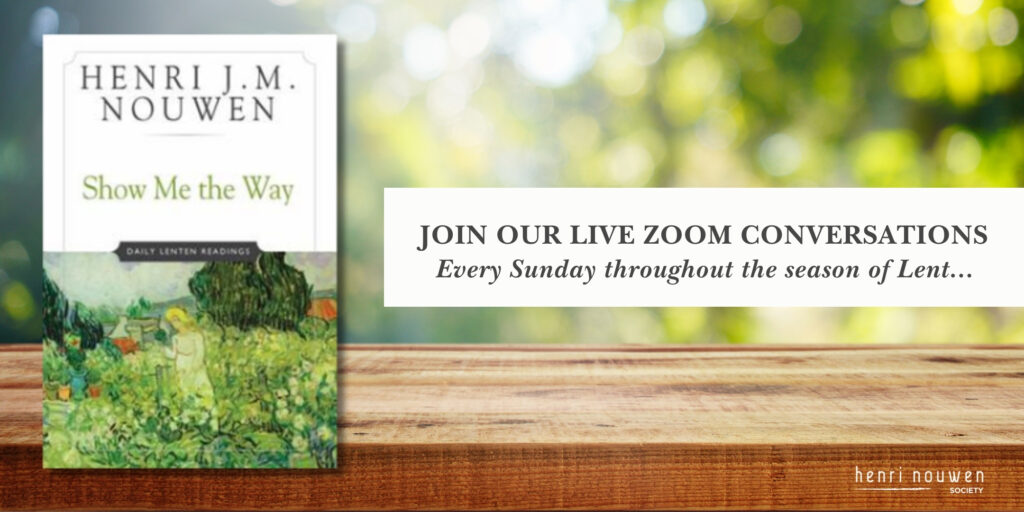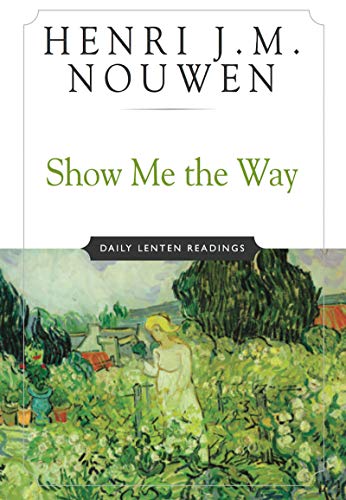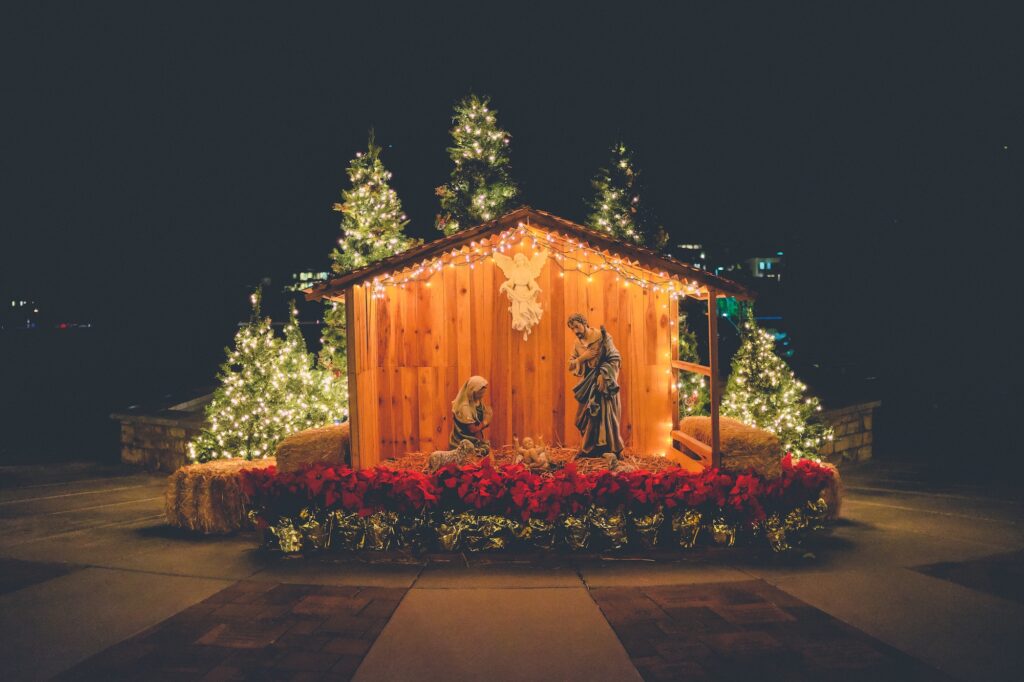Reading: Part II: Friday, August 5, 1994 to Sunday, August 21, 1994
(p. 79-128); Afterword, August 2022 by Laurent Nouwen (p. 129-139)
Henri, thank you for visiting Ukraine twenty-nine years ago, thank
you for giving me Andriy and many other good friends,
thanks for your diaries, thanks for making my life
worthwhile, thank you for your never-forsaken
belief that we are all free as beloved
sons and daughters of God.
—Laurent Nouwen (p. 138)
We have reached the Third (and final) Week of Advent in this shortest possible Advent season. Thanks to each of you for joining us on this Advent journey—those of you posting comments and those following along quietly. We are blessed by your presence.
In our readings this week, Henri and Nathan return to Ukraine with three other member of the L’Arche Daybreak community for what proved to be another fruitful two-week mission to a long-suffering nation. As well known as Henri was as a writer, Nouwen was first and foremost a pastor, and many people considered his greatest gifts to be his inspirational teaching and preaching. In Henri’s diary entries we join him as he and the team prepare for and participate in the weekend retreat and the leadership seminar. As a long-term Nouwen reader, I gained new insight into Henri’s careful preparation and sensitivity to his audience—two keys to effective ministry.
Henri continued to deepen his understanding of the Ukrainian people writing, “we had met many very talented young people with obvious leadership gifts, but… without a lot of encouragement and guidance it would be hard for them to claim these gifts… (due to) the low self-esteem not only of the individuals but of the group as a whole.” (p. 119) As Laurent Nouwen writes in the Afterword, the discovery of Henri’s diaries led to Laurent’s unexpected more than two decade mission to Ukraine. Laurent was able to see for himself and share with us the fruit that was born as many Ukrainians rose from “passive depression to positive action” (p. 137)—a trait that the world has acclaimed in their response to the Russian invasion. I’m confident that Borys, Zenia, and Henri’s other Ukrainian fiends would echo and expand on Laurent’s beautiful quote at top this post.
Once again, there are many ideas in our reading we could discuss this week. You are encouraged to share whatever touched your heart. As Henri wrote, “But anyone trying to live a spiritual life will soon discover that the most personal is the most universal.” Sharing your personal insights will enlighten and enliven us all.
Here are several ideas that touched me that you might consider for your reflections:
a) Henri defines hope: “although reaching beyond the present moment, allows me to live in the present moment with courage and confidence.” (p. 86) How do you understand hope?
b) Henri asks a question for us all: “Do I have the courage to call people to a radical call to Jesus and the Church?” (p.89) What is your response to Henri’s question?
c) Henri writes about churches in a way that rings true today: “Churches remind us about deep piety as well as painful divisions, of humble service as well as a lust for power…” (p. 97) How does Henri’s observation reflect your experience of churches today?
d) During the the retreat Henri, “spoke about claiming our identify as the beloved sons and daughters of God…” (p. 100) How do you claim your own belovedness?
e) Reflecting on the Ukrainian nation, Henri writes, “It is the handicap that comes from a broken history, from centuries of oppression and exploitation, from neglect and indifference of wealthy nations, from the social sins of injustice and greed.” (p. 128) Where in our world today do you see this handicap manifest? What can we do about it?
Once again, thank you for joining us for our Advent book discussion of Ukraine Diary. We look forward to hearing from you throughout the week—in response to one of the prompts or anything that touched your heart. On behalf of the Henri Nouwen Society, I want to wish you and yours a joyous Christmas and a blessed New Year.
Peace and all good.
Ray



